Growth in convenience stores in 2020 is set to double that of the previous year, according to Mintel research.
It estimates that convenience sales will grow by almost 8% in 2020 - compared to the 3% achieved in 2019.
The increase in in-home food and drink sales experienced as a result of COVID-19 will see the convenience store market increase from £44.1bn in 2019 to an estimated £47.5bn in 2020. This rate of growth is outperforming the wider grocery sector, which is expected to grow by around 6% in 2020.
Similar to IGD research published earlier this week, Mintel believes that this peak in demand will not continue into 2021, especially as budgets are expected to be tighter next year. Mintel estimates a decline of -3.9% in the market in 2021, as it rebalances before reaching more consistent lower growth through to 2024 (of 2-3%) when the market is forecast to reach £49bn.
Mintel’s associate director of retail research Nick Carroll said: “The shift to localised shopping during the peak of COVID-19 has benefited the convenience sector, driving larger-basket demand and sales as consumers necessarily shopped more in their local communities. Longer term, the importance of convenience stores within these communities and consumers’ desire to support them will only be reinforced - providing a solid platform for convenience retailers to build upon.”
Carroll adds that not all categories in the channel are winners. “Not all aspects of the sector, however, are benefiting. On-the-go food and drink, for example, is a significant part of convenience trade and has naturally been constricted by lower levels of public movement and more working at home since the lockdown. In particular this has impacted convenience stores in travel hubs. However, this decline in sales has been offset by more spending on in-home food and drink as shoppers look to shop closer to home.”
Community spirit
Mintel reported a growing awareness of people wanting to support neighbourhood businesses, with a quarter (25%) of consumers saying they are now shopping more with local businesses due to COVID-19.
Its research also found that 80% of convenience store shoppers agree they provide essential services to neighbourhoods. However, more than half (54%) of shoppers said that it is important that convenience stores give back to the local community.
Carroll said: “It is encouraging for the sector that providing essential services to the community is widely held by today’s shoppers - this is what convenience stores are all about. A major long term positive of the crisis will be how the ‘essential’ status of convenience stores in communities will be reinforced. Localism and a more internal looking consumer base was a trend far before COVID-19, but naturally confined to local areas, consumers have become more aware and engaged with their communities. Combined with this is a growing realisation of the need to support small business owners, which much of the symbol operators, such as Nisa or Spar fall into.”






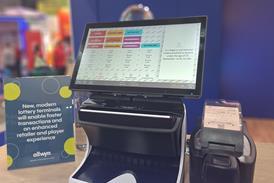
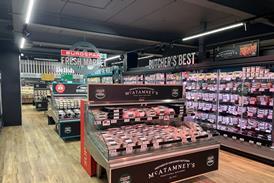
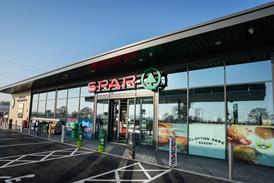


![WG-4003[58]](https://d2dyh47stel7w4.cloudfront.net/Pictures/274x183/4/5/1/353451_wg400358_6083.jpg)







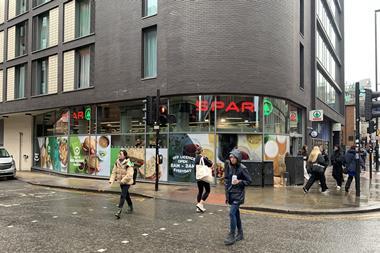
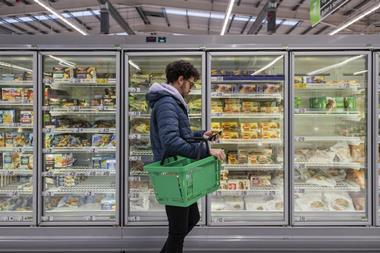
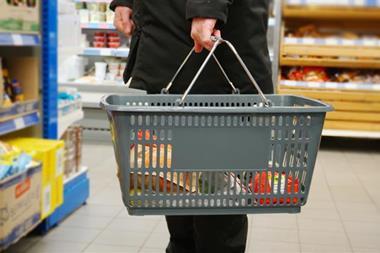

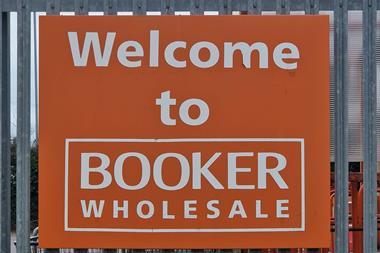


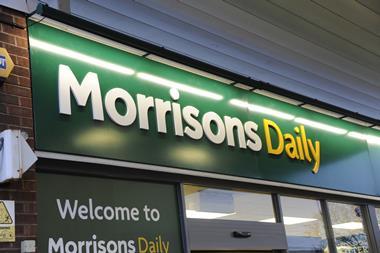

No comments yet